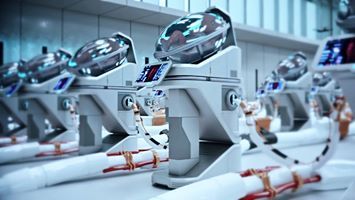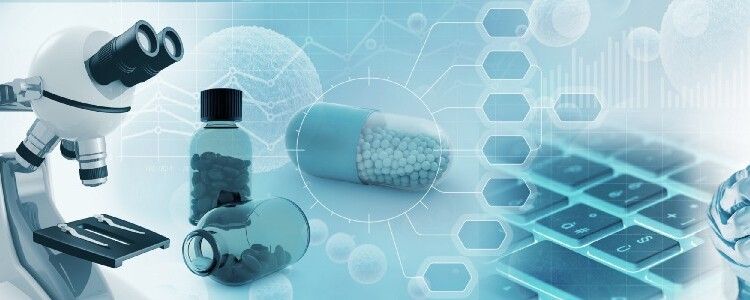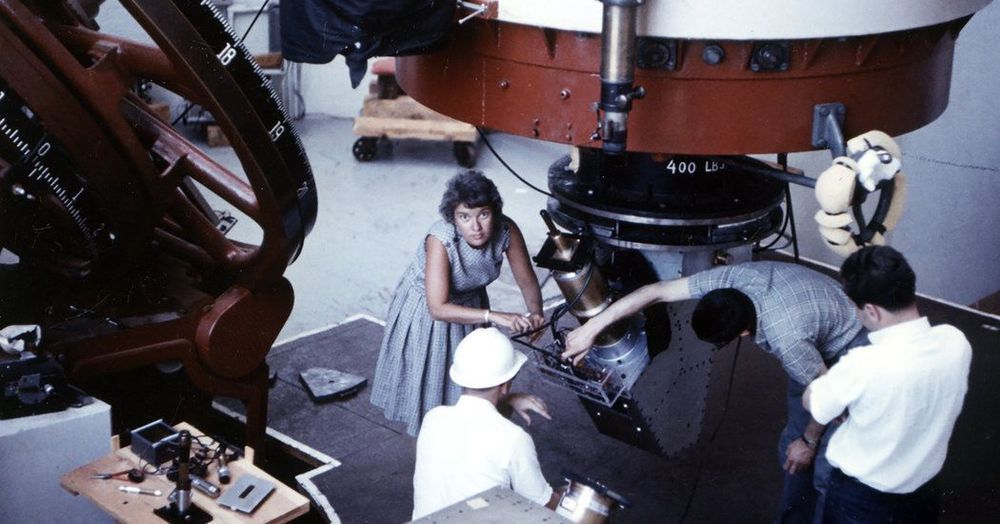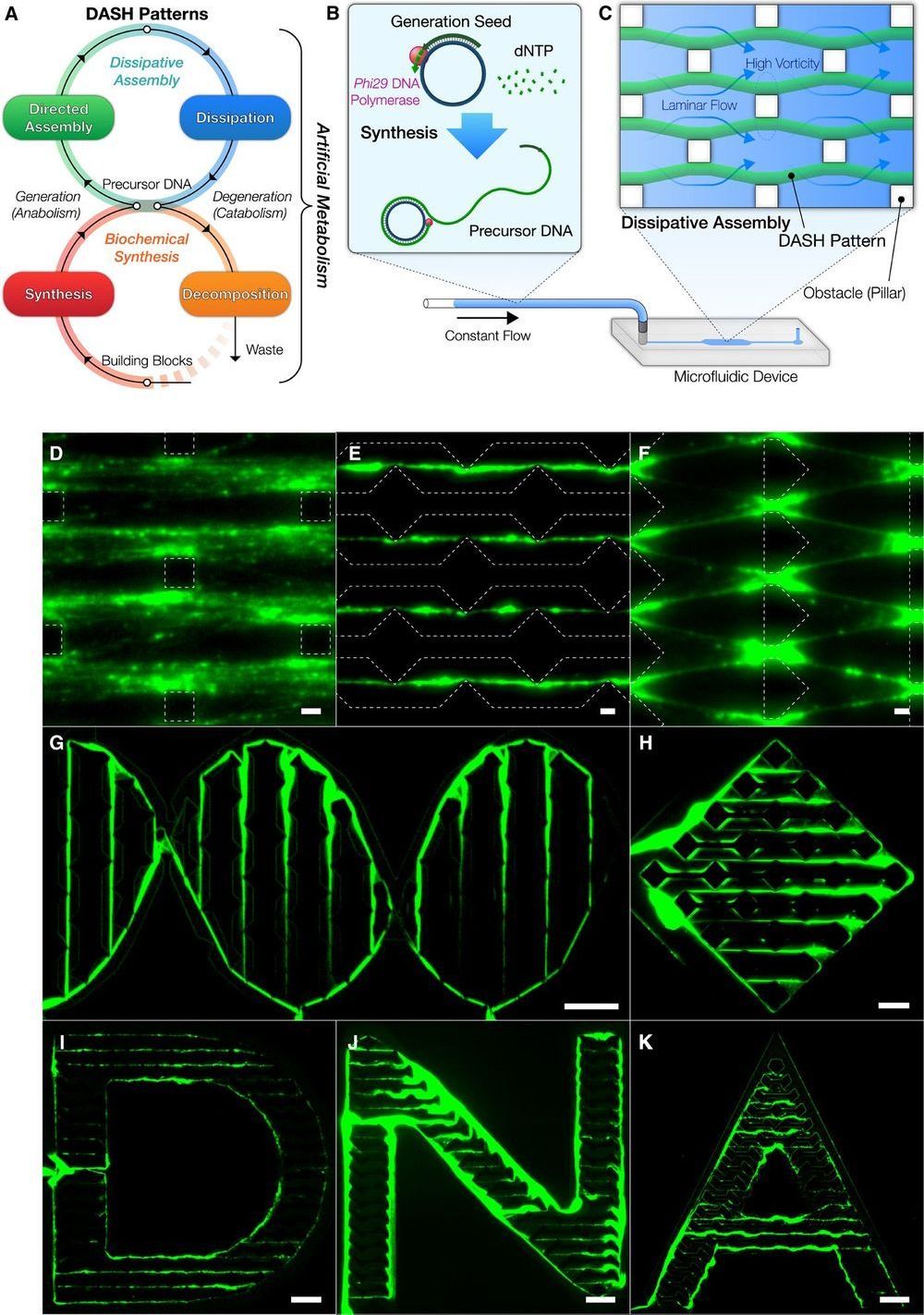Page 8252
Jan 11, 2020
IOT needs decentralized, long-range connectivity. It’s finally coming
Posted by Philip Raymond in categories: computing, cryptocurrencies, economics, hardware, innovation, internet, open access
No matter how cheap or fast paid internet service gets, the Internet of Things (IOT) won’t take wings until we have ubiquitous access to a completely decentralized, open-standard network that does not require a provider subscription. This month, we may be a step closer.
Let’s talk about internet connected gadgets. Not just your phone or PC—and not even a microwave oven or light bulb. Instead, think of everyday objects that are much smaller and much less expensive. Think of things that seemingly have no need to talk with you.
Now think of applications in which these tiny things need to communicate with each other and not just with you. Think of the cost of this “thing” compared to the added cost of continuous communications. Do so many things really need to talk in the first place?
First, there were Trackers…
Continue reading “IOT needs decentralized, long-range connectivity. It’s finally coming” »
Jan 11, 2020
SpaceX Is Going to Blow up a Falcon 9 Rocket Just After Launch
Posted by Genevieve Klien in category: space travel
Jan 11, 2020
The Antarctic Sun: News about Antarctica
Posted by Genevieve Klien in category: futurism
Antarctica’s native microorganisms are a hearty bunch, able to eke out a living on the planet’s coldest, highest, driest, windiest and emptiest continent. But the region wasn’t always quite as hospitable as it is today.
Photo Credit: Byron Adams
Jan 11, 2020
Three Groundbreaking Longevity Startups
Posted by Paul Battista in categories: biotech/medical, life extension
There are lots of exciting companies working in the aging field, and it’s a great time to tell you about some of the more interesting ones. Most of these companies are a while away from human trials yet, but their innovations could possibly be truly game changing.
Underdog Pharmaceuticals is a spin-off company of SENS Research Foundation and is developing a novel approach to treating atherosclerosis.
Atherosclerosis is the number one killer worldwide, and it currently has no totally effective solution. There are three ways in which current medicine tries to address it: Lifestyle changes, including diet and exercise; drugs that slow down the rate of cholesterol accumulation; and interventions such as stents and bypass surgery.
Jan 11, 2020
New ultrasound technique significantly improves brain performance
Posted by John Davies in categories: biotech/medical, neuroscience
In neurological diseases such as Alzheimer’s disease, Parkinson’s disease or Multiple Sclerosis, brain neurons are constantly being lost, resulting in memory lapses, speech disorders, mood swings and movement disorders, for example, as well as muscle tremors in the case of Parkinson’s. After six years of development, MedUni Vienna researchers from the Department of Neurology (Head: Thomas Berger), led by Roland Beisteiner, have developed a new method of treatment that represents a world first. Using a non-invasive ultrasound technique, it is now possible to reach all areas of the brain and activate neurons that can help to regenerate brain functions. The preliminary data, which have been prominently published on the international stage, show that this can improve brain performance. This has positioned Vienna as a world leader in an important sector of medicine.
The new method is called transcranial pulse stimulation with ultrasound (TPS) and was developed in collaboration with Swiss commercial partner Storz Medical and its project leader, Ernst Marlinghaus. “For the first time in the world, TPS enables us to penetrate into all areas of the brain by means of an ultrasound pulse delivered directly to the skull in a non-invasive, painless procedure, during which the patient is fully conscious, and to specifically target particular areas of the brain and stimulate them,” explains Beisteiner. The study was part of the inter-university cluster led by Roland Beisteiner and Tecumseh Fitch, which is attempting to improve patients’ brain functions by means of brain stimulation and is being jointly run by MedUni Vienna and the University of Vienna. Such clinical procedures must be carried out with great precision and must be tailored to the individual patient. However, the existing electromagnetic techniques such as e.g.
The astronomer missed her Nobel Prize. But she now has a whole new observatory to her name.
Jan 11, 2020
Dynamic DNA material with emergent locomotion behavior powered by artificial metabolism
Posted by Mike Diverde in categories: bioengineering, biotech/medical, genetics, nanotechnology, quantum physics, robotics/AI
Interesting research paper on a new nanobot technology. I’m watching for ways in which suitable substrates for mind uploading can be constructed, and DNA self-guided assembly has potential.
Here are some excerpts and a weblink to the paper:
“…Chemical approaches have opened synthetic routes to build dynamic materials from scratch using chemical reactions, ultimately allowing flexibility in design…”
Jan 11, 2020
Air Travel Cyber-Attacks: New York Airport Hit, Travelex Exchange Held To Ransom
Posted by Quinn Sena in categories: cybercrime/malcode, transportation
Cyber-attackers have ramped up their campaigns against the travel industry and those who use it.
Jan 11, 2020
Insulin made from egg yolk promises cheaper treatment for diabetics
Posted by Genevieve Klien in categories: bioengineering, biotech/medical, health, neuroscience
The insulin pumps diabetics currently rely on do a great job of delivering the hormone as needed, but need regular replacing due to what are known as fibrils. These form over a day or two as insulin compounds accumulate into clumps and create the risk of blockages, but scientists in Australia have engineered what they say is a safer alternative, with egg yolks serving as their starting point.
The formation of fibrils means that diabetics need to replace their insulin pumps every 24 to 72 hours to avoid the risk of dangerous blockages, which bring with them a risk of life-threatening under-dosing. Beyond the dangers to the patient’s well-being, the need to regularly replace the pump increases the workload needed to manage their disease and means that portions of the medicine often go to waste.
So, there is considerable interest in developing synthetic insulin that doesn’t behave in this way. Researchers at Melbourne’s Florey Institute of Neuroscience and Mental Health approached this problem through a new technique it developed with scientists in Japan, whereby the insulin is engineered from egg yolks to allow for greater freedom over the final design.


















